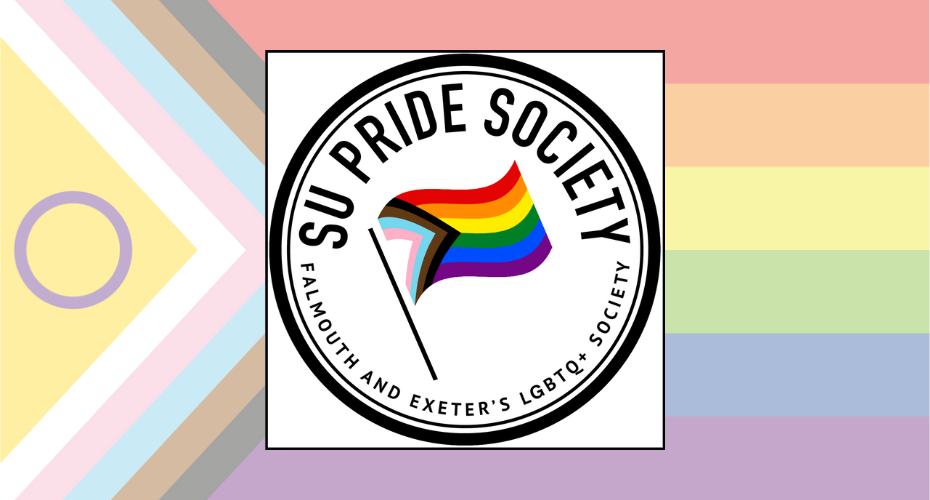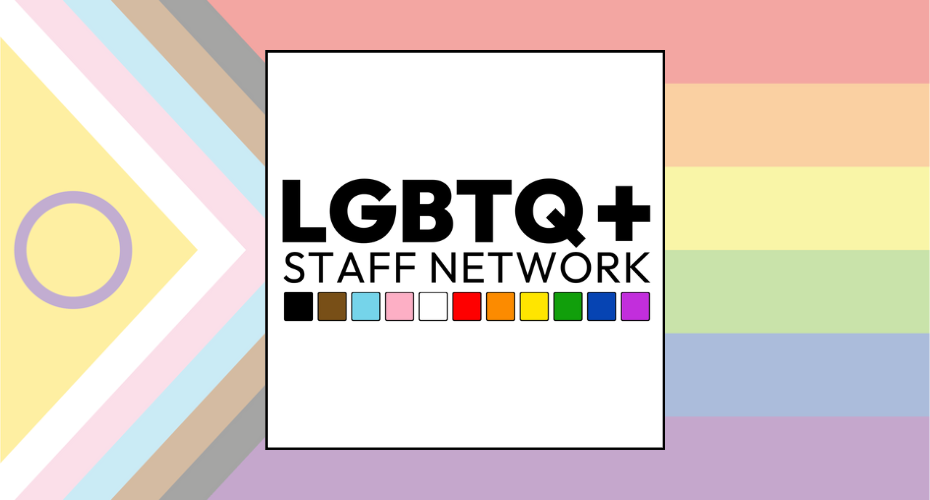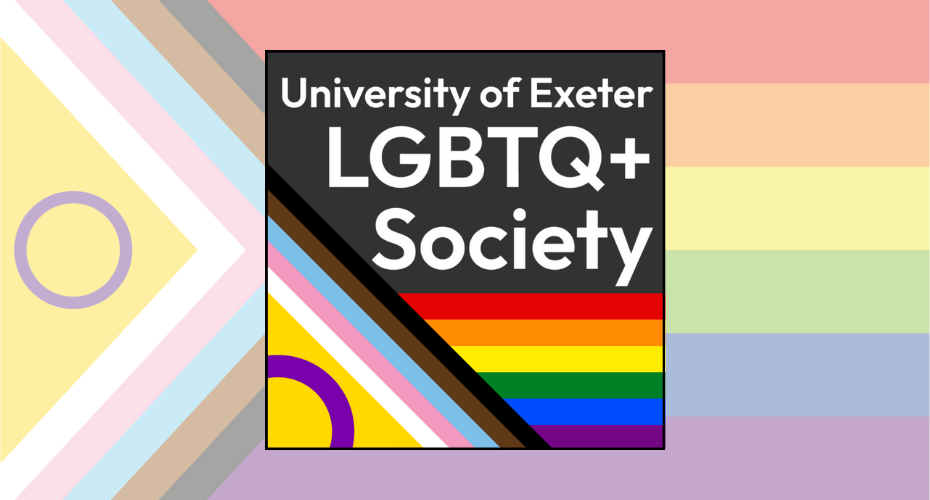Bi Visibility Day 2022
Bi Visibility Day is celebrated annually, on the 23 September, since 1999. It celebrates Bi identities and people, and their vital place in the LGBTQ+ community
Bi is an umbrella term used to describe a romantic and/or sexual orientation towards more than one gender. Bi people may describe themselves using one or more of a wide variety of terms, including, but not limited to, bisexual, pan, queer, and some other non-monosexual and non-monoromantic identities.
Biphobia
The concept of bisexuality as we understand it today is as old as ideas of homosexuality and heterosexuality, however, according to Stonewall’s LGBT in Britain Bi Report 43% of bi people have never attended bi spaces and many have experienced harassment when they do. – 27% of bi women, and 18% of bi men, have experienced discrimination from other members of the LGBTQ+ community. Experiences of discrimination based on bi-identity are called Biphobia.
Bi people can often find that their identity is overlooked as they can pass as straight, or homosexual, depending on their partner. Bi people are some of the least likely people in the LGBTQ+ community to come out:
- 23% of bi students are out in university, compared to 44% of gay and lesbian students
- 22% of bi staff are out at work compared to 57% of lesbian and gay staff
Perhaps unsurprisingly based on this, bi people are almost twice as likely to experience unwanted sexual contact as lesbian and gay people and report significantly higher levels of depression and self-harm.
Bi Erasure
The tendency to ignore, explain away, or avoid showing bi people is called Bi Erasure, it can present in many forms, including:
Writing bi people out of academics
Discussing LGBTQ+ identities in history is difficult and often leads to problems. In some cases, there is a tendency to ignore LGBTQ+ identities entirely, but where a figure is known to have had relationships with all genders, there can be a tendency to read this as homosexuality, erasing the possibility that bi people could exist. In other disciplines, bi people’s needs may be overlooked based on ideas that LGBTQ+ relationships will always be same sex.
Treating bi people as indecisive
Bi identities are sometimes erased because people assume that it means a person has not decided or is unsure of their sexuality. Given the high number of bi people who do not come out compared to lesbian and gay people, this is unlikely to be the case.
Hypersexualising bi people
Bi people are often fetishized, and presumed to be either extremely sexual or looking for attention. This leads to a false view of what being bi is, and feeds into people not believing bi people when they come out.
Overlooking bi identities
Society likes to presume that people are straight until proven otherwise and there’s often a tendency to ignore the possibility that LGBTQ+ people might be around. This means that when bi people come out their identities can be ignored, forgotten, or deemed unimportant. However, the ability to be open about who you are and not have to hide is a fundamental part of a happy and fulfilling life and if someone chooses to be open about their identity this deserves treated with respect. Particularly because coming out is not necessarily easy or risk-free.




